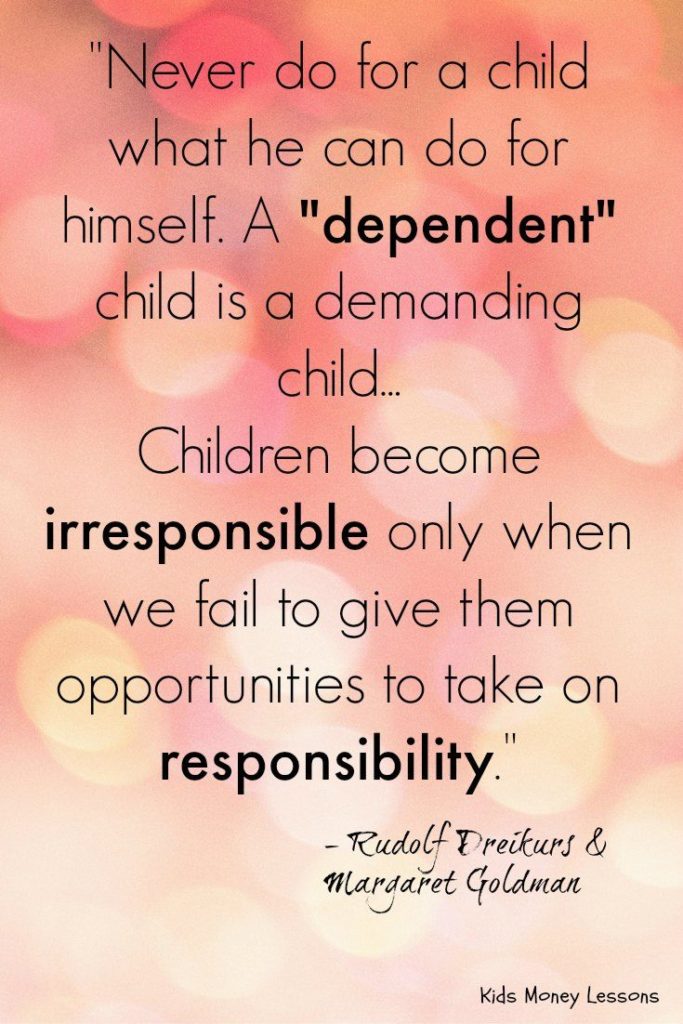Many parents tell their teenage children, “Maybe you can do anything. “All parents should encourage their children to follow their interests and not be constrained by society’s vision of their abilities. However, such a positive and seemingly motivating attitude can have unexpected drawbacks.
For starters, it’s not true that anyone can become what they want, or maybe they will, but the path of sacrifice is so great that the teen must also know what awaits him, maybe you want to be an elite athlete, because he likes it. the money you earn or the fame you have, but you don’t really like sport and don’t feel any kind of vital attraction that this profession requires.
- When it comes to truth issues such as genetic background or the ability to suffer for themselves leave the person behind.
- It is also necessary to consider that luck and bad luck play a very important role: the body is relatively fragile and it is not difficult that.
- If necessary.
- Injuries begin to appear.
- When choosing a path.
- The teen should be aware of it.
In addition, studies show that when we create very ambitious goals, these goals can be detrimental, this, for example, leads to unethical behaviors, such as doping, to achieve these ambitious goals, or what makes us feel chess when we don’t get them. .
Telling teens they can do anything without helping them create a plan has very negative implications. Encouraging them to set a high goal without giving them information or help on how to achieve it can lead to great frustrations, with which they may not be prepared. Live.
On the other hand, it is very difficult for a teenager to analyze for himself whether he is trying hard enough, and not only that: he may even think that wanting something is enough, or to think that the ease he has for something will always accompany him. naturally.
It is better to recognize that meaningful achievements will be difficult to achieve, and even help them accept that luck plays a key role in life (for better or worse), and then give advice to teens so they can progress in their lives. . Erica Reischer, author of the book “What Big Parents Do: 75 Simple Strategies for Raising Fantastic Kids,” offers what she calls the “3 P Route. “
Instead of telling the teen that she can do anything, Erica Reischer proposes to teach her all three Ps: practice, patience, and perseverance.
Erica Reischer says that children should be emphasized that success is defined by effort and progress step by step, not compared to others.
Thomas Edison is said to have already been visited by a colleague while surrounded by thousands of failed experiments. Faced with this situation, Edison told his friend, “I tried everything. But I didn’t fail. I just figured out ten thousand ways to do it. “It doesn’t work It’s optimism and the ability to learn from mistakes.
When your child is helpless and pessimistic and says he can’t do anything, instead of showing him how to do it so he can see what’s possible, tell him this story and then tell him that any challenge takes time and effort. and that the more time and effort you spend on it, the closer you are to achieving it.
Your child can only go very far if he or she is able to face the challenges of daily life and if he or she is able to feel that he or she is moving forward. Your child doesn’t need answers, but opportunities to learn and deal with frustrations.
But above the ultimate goal, when it comes to kids, what they need is to have fun doing what they do. They may want to be footballers, but first they must often play with their friends and enjoy it. high-level occupations should not begin until adolescence, and very gradually.
Before being a teenager the child needs to have fun, and as long as the demand and frustration do not appear, the child can dream of being what he wants, he can even change every day of sleep, it is a stage of discovery, and for her it is a way, like any other, to explore the world with his imagination and hand with us. Think that the more you do, the more you know, the better you can choose when the time comes.

